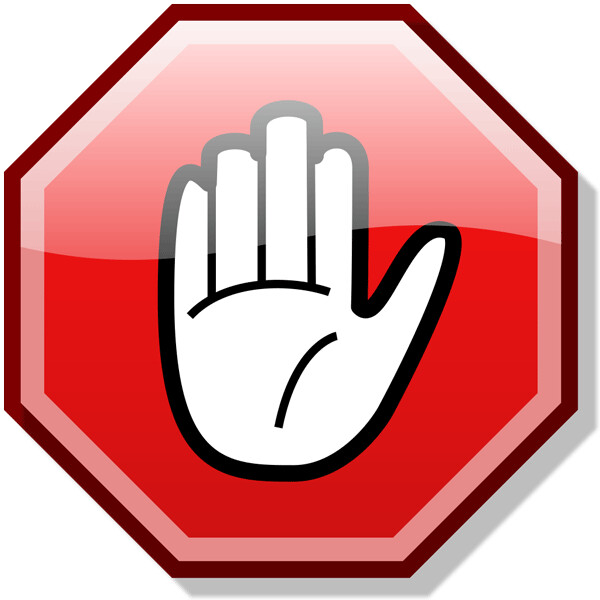Law library blocks porn … and nearly everything else

In 2015 a scruffy looking guy was hanging out at the St. Louis County Law Library, on the ground floor of the County Courthouse in Duluth. He would take his shoes off, put his feet on the desks, kick back and snore, download porn on the computers, and in general act weird.
The guy turned out to be William James Holisky, who at the time was being investigated for stabbing Lisa Isham to death in her home on Goat Hill in May 2015. Holisky is now serving a 30-year sentence.
Later that year, the Law Library not only blocked porn on its computers, but access to all internet, save for the select few sites such as the Minnesota Judicial Branch, U.S. District Court, FindLaw and WestLaw.
Located in the courthouses in Duluth, Hibbing and Virginia and funded by court fees, the library provides residents with free access to legal books, online resources and a printer. There is no access to Google, other search engines, or email. And even the allowed websites can be hampered by the fickle security software, as the Reader learned when this reporter tried using one of the computers.
“It’s very restricting,” said Chris Mrozinski, a researcher who frequents the Law Library in Duluth. “If one is going to do serious legal research and one is not an attorney, you need WestLaw and full internet access.”
Is that a problem when the internet is available everywhere else? “Not everyone has internet access,” Mrozinski said. “I’ve met multiple people through SOAR who do not have it. Bethel residents do not have it. Not everyone has access to printers. I can’t afford ink so I can only print at the Law Library.”
The restrictive internet policy was one of the issues discussed at the library Nov. 13. The meeting was an unofficial gathering of library trustees, staff and advisors.
Liz Reppe, law librarian with the state of Minnesota, said, “I’ve worked at three public law libraries now and I can tell you I’ve never had things locked down the way they do here. I don’t know that it’s really needed.
“It is kind of challenging for people to not have access to things like Yahoo mail or Gmail, whatever, if there’s something they need to pull up and they want to print out for court,” Reppe said.
“If you open the door even a crack, there’s no stopping,” said Judge Eric Hylden, a library trustee.
“It was a really difficult decision. We knew it was going to cause problems,” said Wade Backstrom, St. Louis County office administrator. “There was a lot of really angry people but they got over the hump, and time to go back to that.
“It was just one person who had a repeated background in pornography,” Backstrom continued. “They don’t care that the neighbor sees what they’re doing, ‘cause you field the complaint, saying, ‘Can you please tell this person to stop doing this? I’m trying to do research and I’m watching this.’ So it’s uncomfortable for everybody. That’s a decision for the board.”
Sarah Helwig, Self-Help Program attorney at the Duluth Law Library, said, “I have so many people that come in and say, ‘I have to have this report, it’s only on Gmail.’” She can only respond, “‘Sorry. Public library opens at 10.’
Reppe said, “There are other things that you can do, like there’s a program ... that prevents anybody from downloading anything to the computer. So even if they save a document to the desktop, when the computers restart, it’ll go away.”
“I have the Duluth Public Library internet policy,” Helwig said. “I think we should go along with them and just watch for abusers.”
Backstrom said he would inquire to the county’s Information Technology department as to the options for filtering the internet.
The Duluth Public Library’s policy states, “The Library meets the federal requirements for filtering the internet as mandated by the Children’s Internet Protection Act (CIPA) … The filtering software used by the Library is not infallible. Library users must exercise their own judgment when using the internet. Library users 17 or older may request unfiltered access to the internet on library workstations.”
CIPA was passed in 2000, requiring schools and libraries that receive federal funding to install filters on their computers. The American Library Association fought back, arguing that no filtering software can differentiate between illegal material and constitutionally protected speech. The Supreme Court upheld the law in 2003.
The Law Library is in the St. Louis County Courthouse, 100 N. Fifth Ave. W. The Self Help Program is open Monday-Friday, 8 a.m. to noon and 1-4:30 p.m. For information call 218-726-2611.
